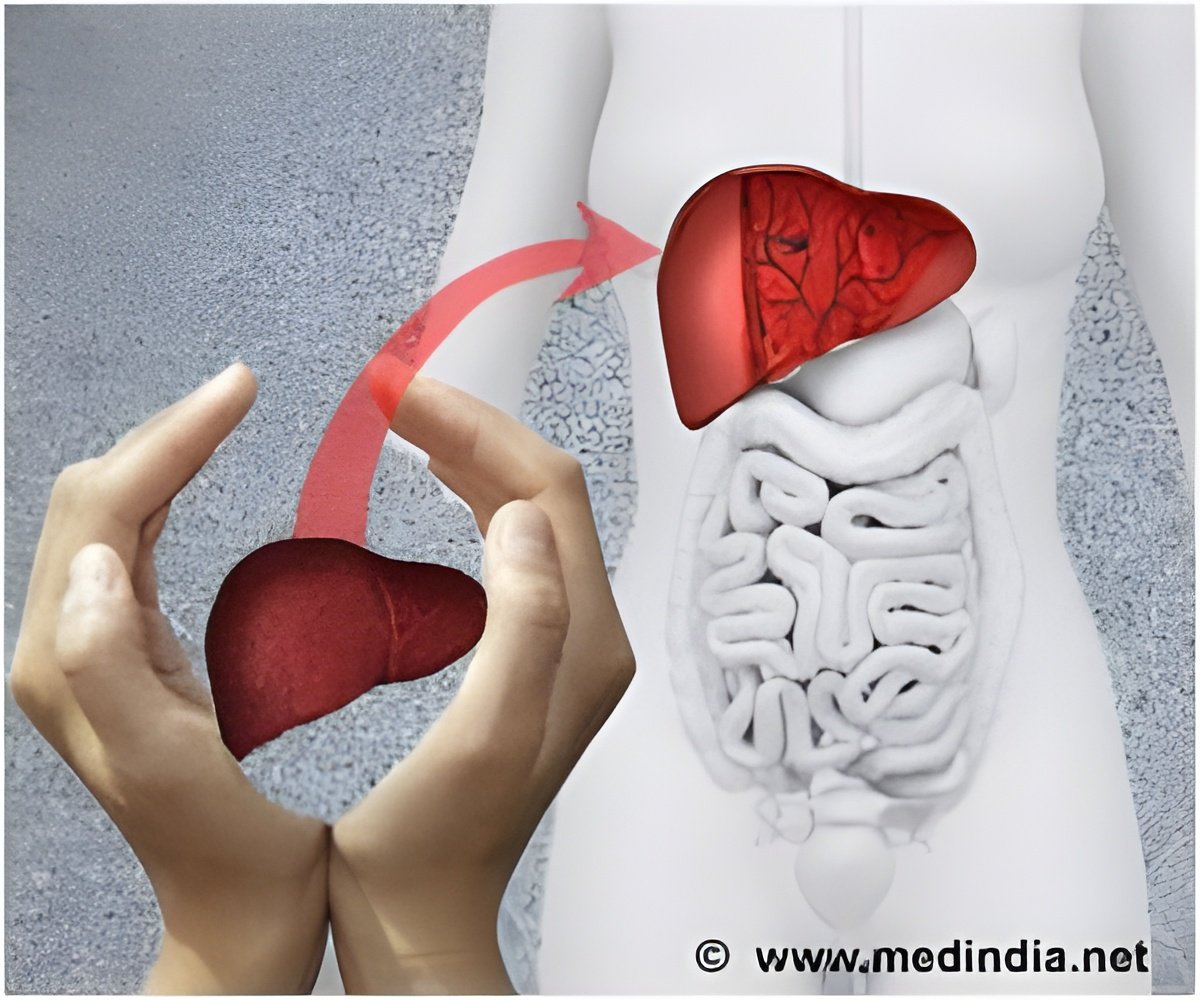The controversial practice of using executed prisoners as a source of transplant organs will be stopped in China from January 2015, a Chinese newspaper reported Thursday.

International human rights groups have accused Chinese authorities of harvesting organs from executed prisoners without their consent or that of their families -- allegations the government has denied.
The country will "comprehensively terminate" the use of executed prisoners as a source of organs for transplants from January 1, the Southern Metropolis Daily quoted Huang Jiefu, head of the China Organ Donation Committee, as saying.
Voluntary donation will become the only source for organ transplants, Huang, a former vice health minister, said at a meeting on Wednesday.
Beijing has made similar pledges before and Huang in November 2012 said that China would end its reliance on organs from executed prisoners within two years.
China banned trading in human organs in 2007, but demand for transplants far exceeds supply in the country of 1.3 billion people, opening the door to forced donations and illegal sales.
Only 0.6 out of every million people in China donate their organs, compared with 37 in Spain, he said.
Apart from traditional thinking, fears over potential corruption are another cause of the low donation rates, he added.
"People's concerns over whether organ donation can be carried out in a fair, just and open manner is also an important reason why it has been so hard for the cause to advance," the paper cited Huang as saying.
But China has introduced a new donation system and he said around 1,500 people have donated organs so far in 2014, more than the total for the previous four years.
China put 2,400 people to death last year, a fall of 20 percent from 2012 and a fraction of the 12,000 in 2002, US-based rights group the Dui Hua Foundation said in October.
Source-AFP
 MEDINDIA
MEDINDIA




 Email
Email



